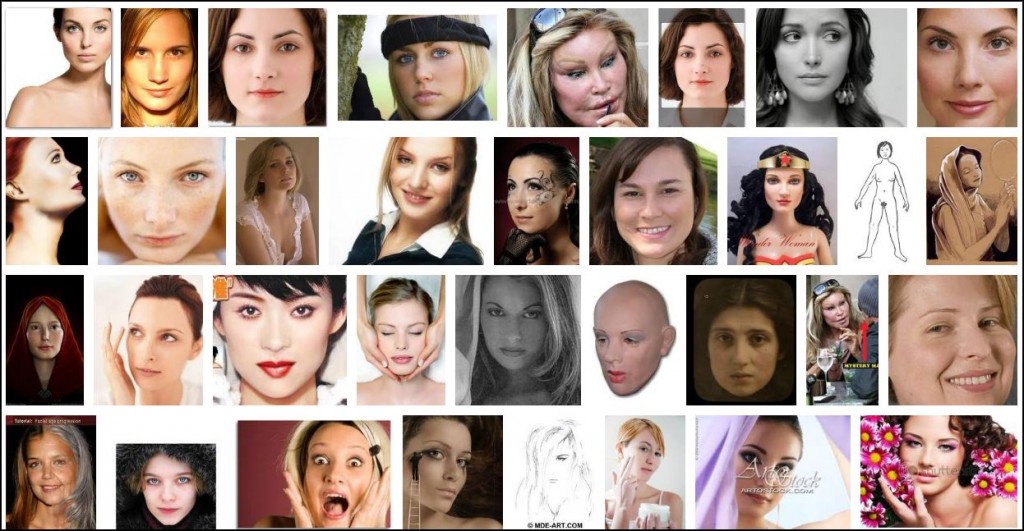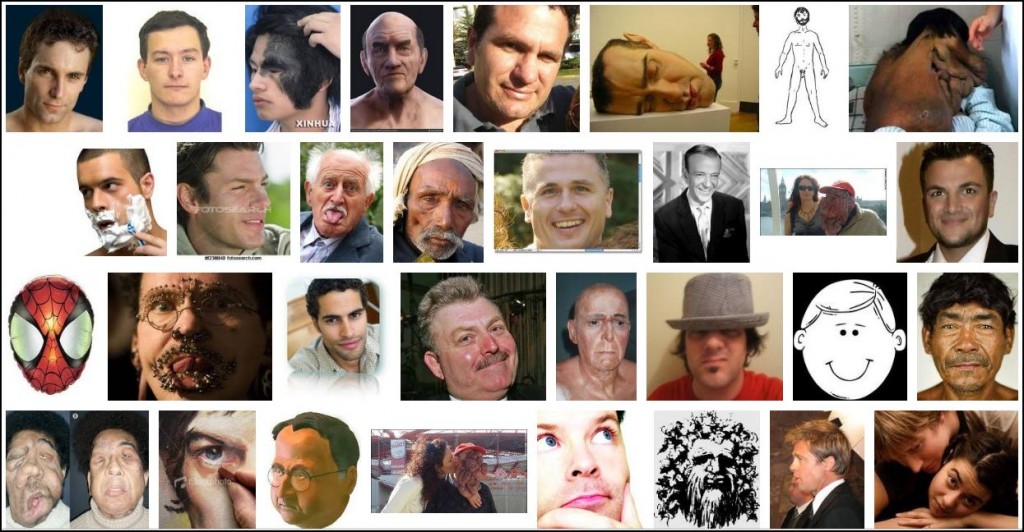What makes top news today: a Southwest pilot’s homophobic, sexist, and vulgar commentary; it was kept quiet for some three months. This happened on March 25th, 2011, broadcast accidentally over the air route traffic control frequency during the flight. It’s now almost July. The FAA, the pilot community and Southwest Airlines kept this under wraps for eighty-nine days. Amazing.
Here’s the transcript of exactly what was said (trigger warning):
Southwest Pilot: “Well, I had Tucson to Indy all four weeks and, uh, Chicago crews…11 out of 12 …there’s 12 flight attendants, individual, never the same flight attendant twice.
“Eleven fucking over the top fucking, ass-fucking homosexuals and a granny.” (silence)
“Eleven. I mean, think of the odds of that. I thought I was in Chicago, which was party-land.”
“After that, it was just a continuous stream of gays and grannies and grandes…”
“Well I don’t give a fuck. I hate 100 percent of their asses.”
“So, six months, I went to the bar three times. In six months, three times.”
“Once with the granny and the fag, and I wish I hadn’t gone.”
“At the very end with two girls, one of them that was part do-able, but we ended up going to the bar and then to the crew at St. Louis, and all these two women wanted to do was, one wanted to berate her sister and the other wanted to bitch about her husband.”
“Literally, for three hours, me and the F.O. (First officer). When that was done, got back to my room, I’m like why the fuck did I stay up?”
ATC: “OK, whoever is, uh, transmitting, better watch what you’re saying.”
Southwest Pilot continues: “They’re still both (inaudible), you know what I mean? I still wouldn’t want anyone to know if I had banged them.”
“So, I mean it was a complete disaster for six months.”
“Now I’m back in Houston, which is easily where the ugliest bases. I mean it’s all these fucking old dudes and grannies and there’s like maybe a handful of cute chicks.”
In interview with Tom Costello on the NBC Today Show this morning, Aviation Analyst, John Cox defended the airline industry, saying the pilot’s comments are a throw-back to a different age in the cockpit: “It was more common in the past, but in today’s environment you see a lot more focus on the professionalism and you don’t hear these kinds of things very often anymore.”
Really? Mr. Cox, you don’t hear these kinds of things often, anymore? Spend one moment to Google “Southwest stuck mic”; you will find pilot aviation forums yucking it up already in defense of the pilot saying, “Well, at least he was honest!”
Is it any wonder only six percent of all commercial pilots are women? The cockpit is not a place of equal opportunity. Never was. Isn’t today. What’s more, there’s a cover-up. Outside of what airlines now call a “flight deck”, the pilot fraternity defends itself saying, “yeah it used to be like that, we’re more professional now.”
Try to find the pilot’s name. You can’t. Southwest will not identify the pilot. He was initially suspended without pay, but is now back in the cockpit under the good-‘ol-boy protection program and after involuntary “diversity” training.
Aviation market studies indicate women make up 26% of the prospective pilot population. Only 7% of all pilots are female. Unless serious action is taken, I doubt anything will change soon.
Audio:
More on the subject here: Sexism in Aviation, Then and Now.
Stephen Wilson is an aircraft salesperson, flight instructor, and former air safety investigator who takes interest in his profession from a sociological viewpoint. He posts aviation and personal commentary on his blog, from where we borrowed this post.











